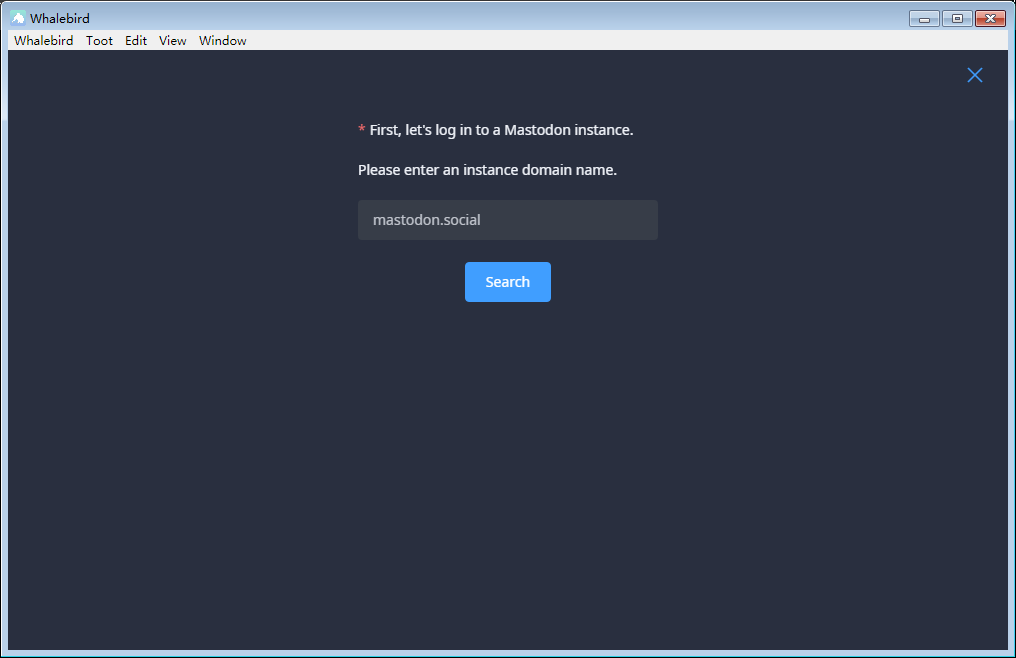nginx proxy_pass反向代理配置实例分析
时间:2023-05-14 06:04
下面举个小实例说明下: centos7系统库中默认是没有nginx的rpm包的,所以我们自己需要先更新下rpm依赖库 1)使用yum安装nginx需要包括nginx的库,安装nginx的库 2)使用下面命令安装nginx 3)nginx配置 4)启动nginx 5)测试访问(103.110.186.23是192.168.1.23机器的外网ip) 看看下面几种情况:分别用http://192.168.1.23/proxy/index.html进行访问测试 为了方便测试,先在另一台机器192.168.1.5上部署一个8090端口的nginx,配置如下: 测试访问(103.110.186.5是192.168.1.5的外网ip): 192.168.1.23作为nginx反向代理机器,nginx配置如下: 1)第一种情况: 这样,访问http://192.168.1.23/proxy/就会被代理到http://192.168.1.5:8090/。p匹配的proxy目录不需要存在根目录/var/www/html里面 注意,终端里如果访问http://192.168.1.23/proxy(即后面不带"/"),则会访问失败!因为proxy_pass配置的url后面加了"/" 页面访问http://103.110.186.23/proxy的时候,会自动加上"/”(同理是由于proxy_pass配置的url后面加了"/"),并反代到http://103.110.186.5:8090的结果 2)第二种情况,proxy_pass配置的url后面不加"/" 那么访问http://192.168.1.23/proxy或http://192.168.1.23/proxy/,都会失败! 这样配置后,访问http://192.168.1.23/proxy/就会被反向代理到http://192.168.1.5:8090/proxy/ 3)第三种情况 这样配置的话,访问http://103.110.186.23/proxy代理到http://192.168.1.5:8090/haha/ 4)第四种情况:相对于第三种配置的url不加"/" 上面配置后,访问http://192.168.1.23/proxy/index.html就会被代理到http://192.168.1.5:8090/hahaindex.html 注意,这种情况下,不能直接访问http://192.168.1.23/proxy/,后面就算是默认的index.html文件也要跟上,否则访问失败! ------------------------------------------------------------------------------------- 1)第一种情况,proxy_pass后面url带"/": 2)第二种情况,proxy_pass后面url不带"/" 这样配置的话,访问http://103.110.186.23/proxy会自动加上"/”(即变成http://103.110.186.23/proxy/),代理到192.168.1.5:8090/proxy/ 3)第三种情况 这样配置的话,访问http://103.110.186.23/proxy会自动加上"/”(即变成http://103.110.186.23/proxy/),代理到http://192.168.1.5:8090/haha/ 4)第四种情况:相对于第三种配置的url不加"/" 这样配置的话,访问http://103.110.186.23/proxy,和第三种结果一样,同样被代理到http://192.168.1.5:8090/haha/ 以上就是nginx proxy_pass反向代理配置实例分析的详细内容,更多请关注Gxl网其它相关文章![root@localhost ~]# rpm -uvh http://nginx.org/packages/centos/7/noarch/rpms/nginx-release-centos-7-0.el7.ngx.noarch.rpm
[root@localhost ~]# yum install nginx
[root@localhost ~]# cd /etc/nginx/conf.d/[root@localhost conf.d]# cat test.confserver {listen 80;server_name localhost;location / {root /var/www/html;index index.html;}} [root@localhost conf.d]# cat /var/www/html/index.htmlthis is page of test!!!![root@localhost ~]# service nginx start //或者使用 systemctl start nginx.service
[root@localhost conf.d]# curl http://192.168.1.23this is page of test!!!!
[root@bastion-idc ~]# cat /usr/local/nginx/conf/vhosts/haha.confserver {listen 8090;server_name localhost;location / {root /var/www/html;index index.html;}}[root@bastion-idc ~]# cat /var/www/html/index.htmlthis is 192.168.1.5[root@bastion-idc ~]# /usr/local/nginx/sbin/nginx -s reload[root@bastion-idc ~]# curl http://192.168.1.5:8090this is 192.168.1.5

[root@localhost conf.d]# cat test.confserver {listen 80;server_name localhost;location / {root /var/www/html;index index.html;} location /proxy/ { proxy_pass http://192.168.1.5:8090/;}}[root@localhost conf.d]# curl http://192.168.1.23/proxy/this is 192.168.1.5[root@localhost conf.d]# curl http://192.168.1.23/proxy<html><head><title>301 moved permanently</title></head><body bgcolor="white"><center><h1>301 moved permanently</h1></center><hr><center>nginx/1.10.3</center></body></html>

[root@localhost conf.d]# cat test.confserver {listen 80;server_name localhost;location / {root /var/www/html;index index.html;} location /proxy/ { proxy_pass http://192.168.1.5:8090;}}[root@localhost conf.d]# service nginx restartredirecting to /bin/systemctl restart nginx.service
[root@localhost conf.d]# cat test.confserver {listen 80;server_name localhost;location / {root /var/www/html;index index.html;} location /proxy/ { proxy_pass http://192.168.1.5:8090/haha/;}}[root@localhost conf.d]# service nginx restartredirecting to /bin/systemctl restart nginx.service[root@localhost conf.d]# curl http://192.168.1.23/proxy/192.168.1.5 haha-index.html
[root@localhost conf.d]# cat test.confserver {listen 80;server_name localhost;location / {root /var/www/html;index index.html;} location /proxy/ { proxy_pass http://192.168.1.5:8090/haha;}}[root@localhost conf.d]# service nginx restartredirecting to /bin/systemctl restart nginx.service[root@localhost conf.d]# curl http://192.168.1.23/proxy/index.html192.168.1.5 hahaindex.html
同理,访问http://192.168.1.23/proxy/test.html就会被代理到http://192.168.1.5:8090/hahatest.html[root@localhost conf.d]# curl http://192.168.1.23/proxy/index.html192.168.1.5 hahaindex.html

上面四种方式都是匹配的path路径后面加"/",下面说下path路径后面不带"/"的情况:[root@localhost conf.d]# cat test.confserver {listen 80;server_name localhost;location / {root /var/www/html;index index.html;} location /proxy { proxy_pass http://192.168.1.5:8090/;}}[root@localhost conf.d]# service nginx restartredirecting to /bin/systemctl restart nginx.service

[root@localhost conf.d]# cat test.confserver {listen 80;server_name localhost;location / {root /var/www/html;index index.html;} location /proxy { proxy_pass http://192.168.1.5:8090;}}[root@localhost conf.d]# service nginx restartredirecting to /bin/systemctl restart nginx.service[root@localhost conf.d]#
[root@localhost conf.d]# cat test.confserver {listen 80;server_name localhost;location / {root /var/www/html;index index.html;} location /proxy { proxy_pass http://192.168.1.5:8090/haha/;}}[root@localhost conf.d]# service nginx restartredirecting to /bin/systemctl restart nginx.service
[root@localhost conf.d]# cat test.confserver {listen 80;server_name localhost;location / {root /var/www/html;index index.html;} location /proxy { proxy_pass http://192.168.1.5:8090/haha;}}[root@localhost conf.d]# service nginx restartredirecting to /bin/systemctl restart nginx.service



























